Serbian experts see no legal basis for Croatia's blockade
Croatia's blockade of the opening of Chapter 23 in Serbia's EU accession negotiations "is not legally viable," Serbian jurists believe.
Tuesday, 17.05.2016.
12:41
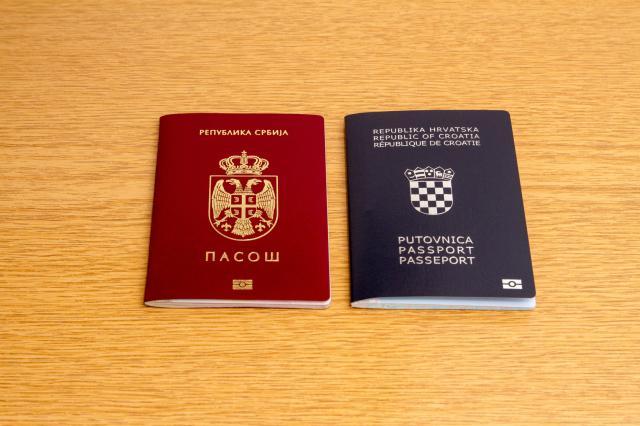
Serbian experts see no legal basis for Croatia's blockade
This jurisdiction of Serbia, they explained, is based on the principle of international law on universal jurisdiction, which is recognized by Croatia, as well as most EU members.Legal representative of the government of Serbia in The Hague Sasa Obradovic believes there are no grounds for Serbia to abolish the law, and points out to the country's international obligation to prosecute perpetrators of war crimes, regardless of their nationality or ethnicity, just as this is an obligation of Croatia.
Universal jurisdiction, as he explained, is an achievement of international humanitarian law and something that the International Committee of the Red Cross recommends to all countries.
In Croatia, the expert community has lately been saying that the Serbian law is not inconsistent with some norm of international law - but that it is "certainly contrary to the negotiation framework of Serbia in the accession negotiations to join the EU, which requires that it must take into account regional cooperation and good neighborly relations."
Obradovic believes that good neighborly relations would not be undermined by Serbia conducting investigations or trials for war crimes, "because this is already our international obligations, required of us by the Hague Tribunal."
He does not believe that Croatia would be able to persuade "any serious lawyer in any serious European or international institution that Serbia is making some mistake."
"The only thing they can do is put pressure by means of blocking the opening of Chapter 23," Obradovic concluded.
Milan Skulic, professor of law, University of Belgrade agrees there is no legal basis to remove the special jurisdiction of the Serbian prosecution.
"Croatia insists on something that is not uncommon in European criminal law and on some standards it has in its legislation. But what bothers Croatia has to do more with the political aspect - that Serbia has an opportunity to conduct trials for crimes committed in Croatia during the civil war," said Skulic.
He believes that Croatia is "exaggerating and making a mistake" when it comes to its demands, because, as he said, that country is "forgetting that the majority of crimes occurred in the territory of the former Yugoslavia when Croatia did not exist as a separate country."
"From that point of view it is debatable why Croatia would be the only one competent to conduct trials for crimes committed on a territory which later belonged to it and was once the territory of Yugoslavia," said Skulic.
Skulic believes that Croatia is insisting "more on political than on legal reasons" and is also "using its position in the EU to wrap its political events in ostensibly legal attire and ostensibly European standards."











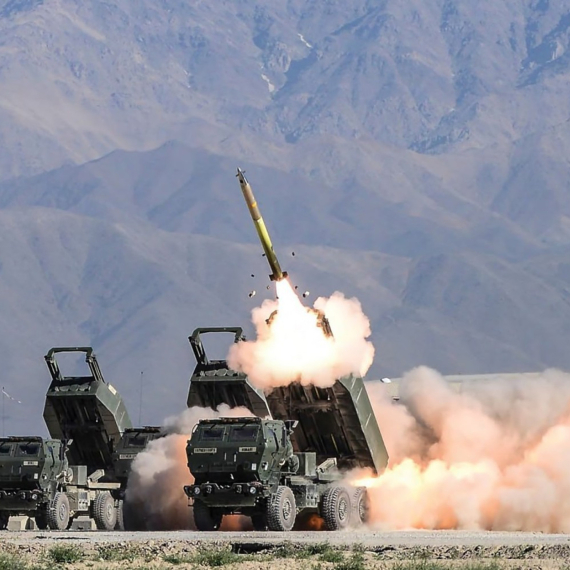



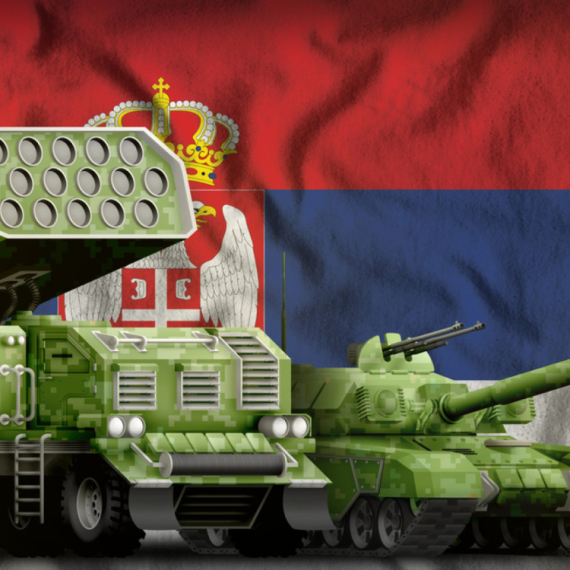

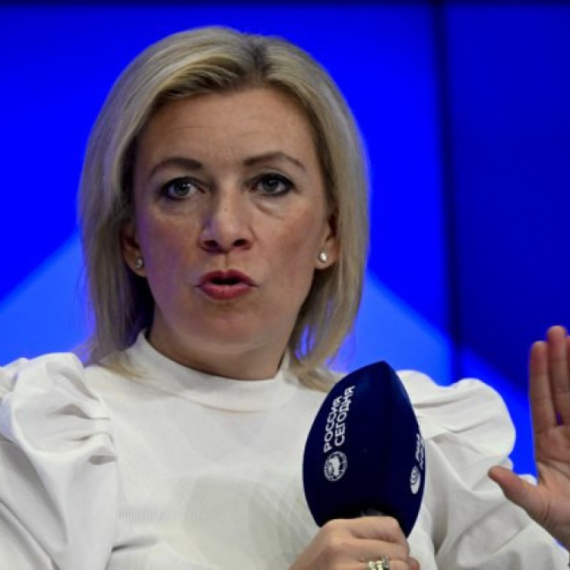
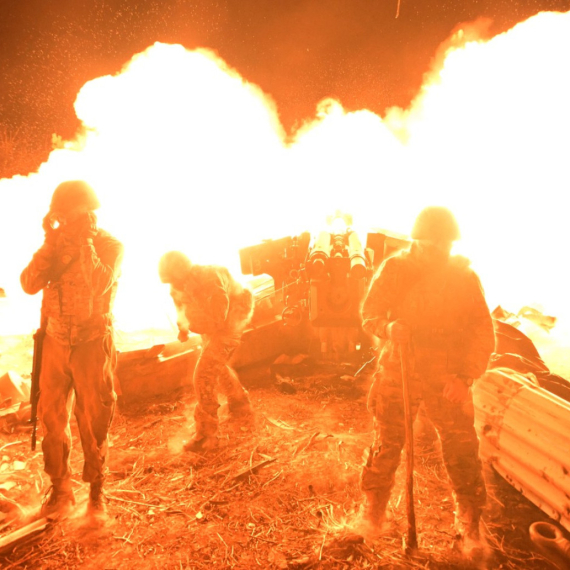
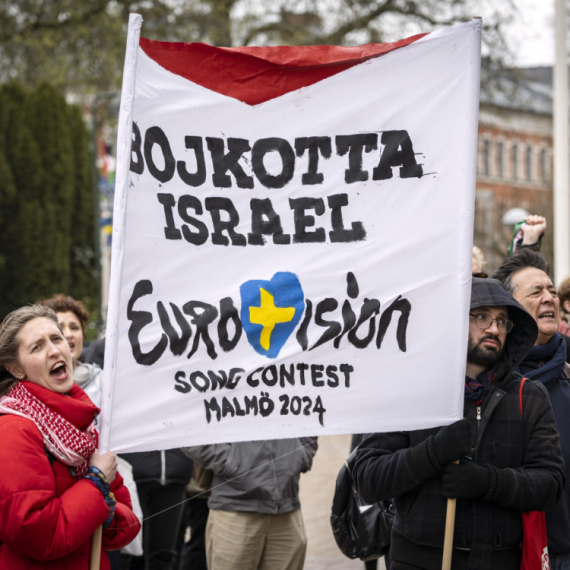







































Komentari 2
Pogledaj komentare